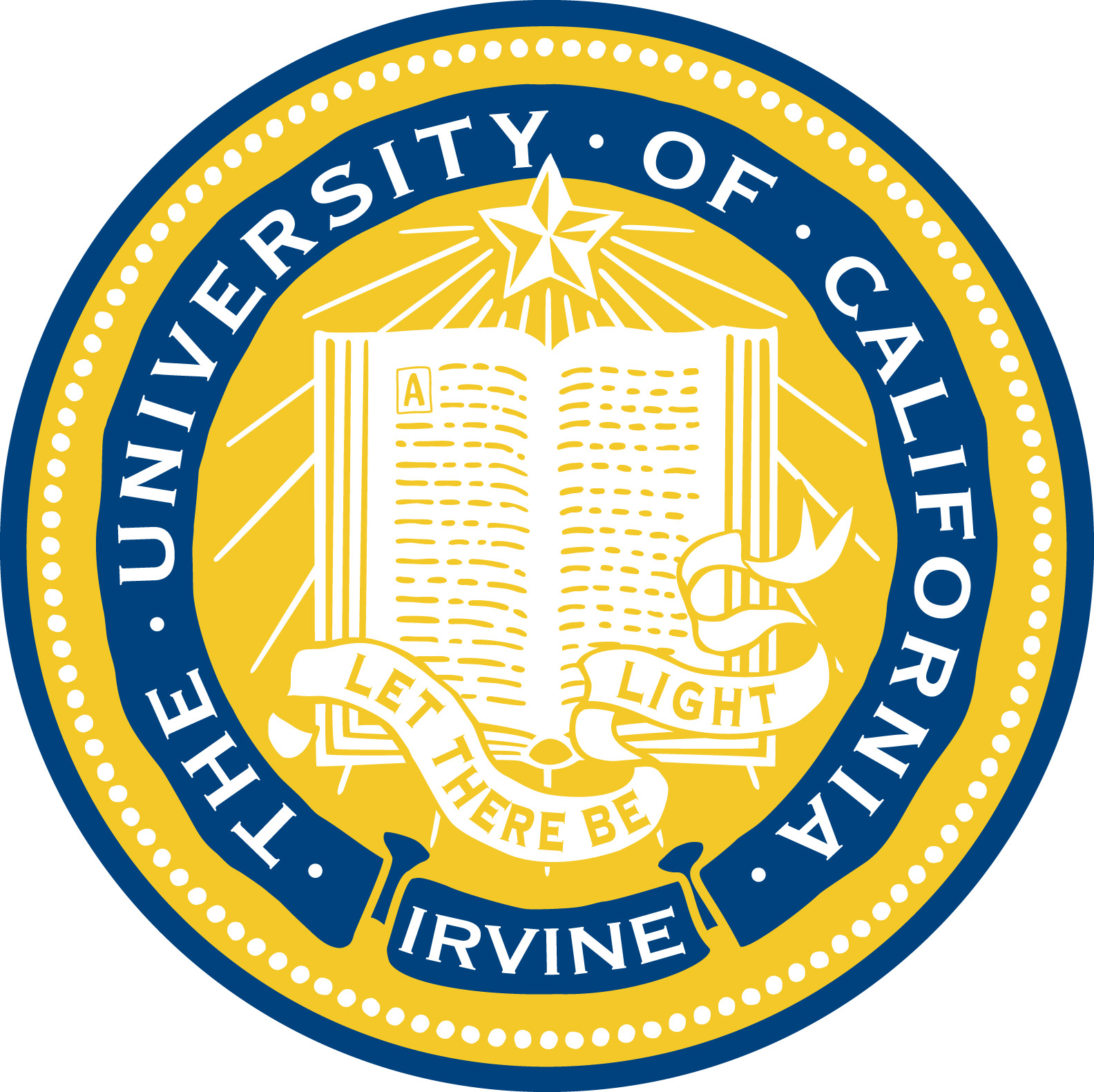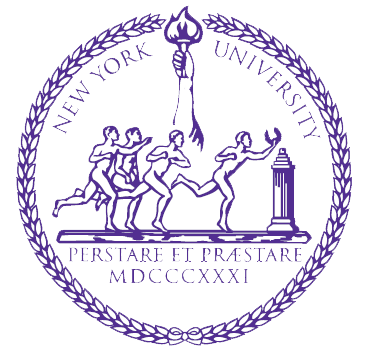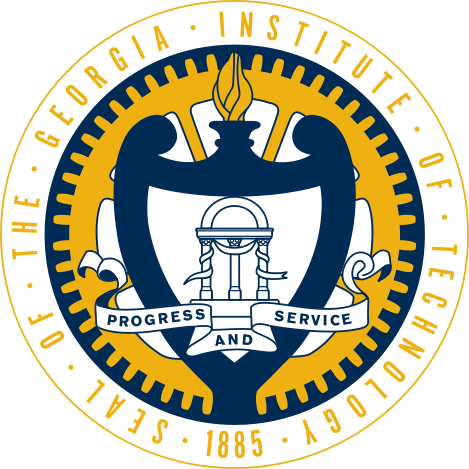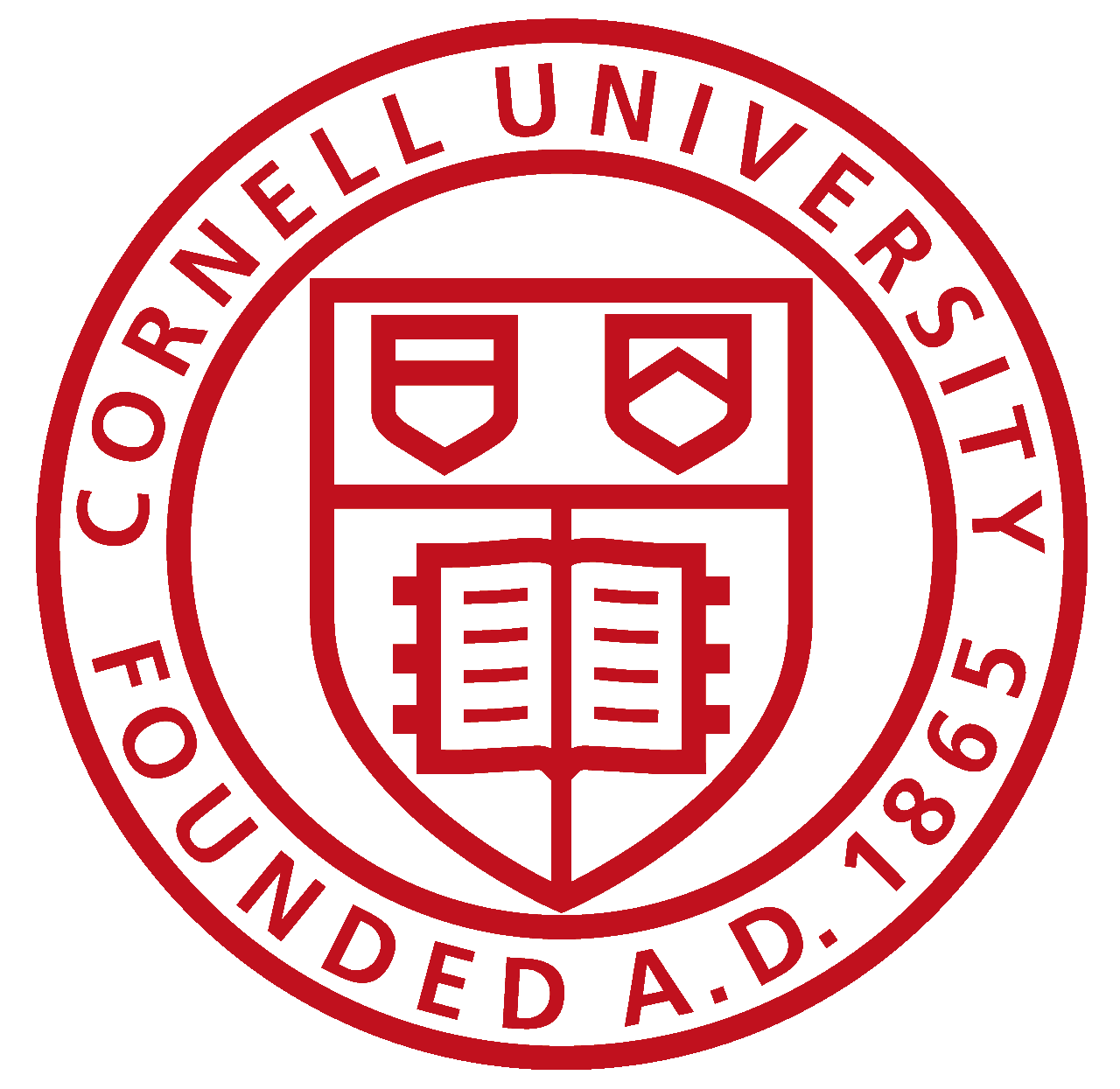Congratulations to the ISTC members whose research will be presented at CSCW, March 14-18, 2015 for more information visit http://socialcomputing.uci.edu/events/upcoming#
About Us
The Intel Science and Technology Center (ISTC) for Social Computing was founded to conduct foundational research into the relationship between information technology and society. Centered at UCI, it brings together an interdisciplinary group of researchers from leading universities across the United States, including experts in social media, digital culture, user interfaces, cultural computing, and participatory design.
What's New
-
-
A report co-authored by ISTC researchers Matthew Bietz, Scout Calvert, and Judith Gregory, in collaboration with Calit2 at UC San Diego, has been published by the Robert Wood Johnson Foundation. The report, entitled "Personal Data for the Public Good," examines attitudes toward sharing personal data for medical, behavioral, social and public health research. It is available at online here: http://www.rwjf.org/en/research-publications/find-rwjf-research/2014/03/personal-data-for-the-public-good.html.
-
UCI Graduate Student Nick Seaver has received a Wenner-Gren Foundation Dissertation Fieldwork Grant for his project, "Computing Taste: The Making of Algorithmic Music Recommendation"!
-
ISTC researcher Amanda Williams was interviewed as part of a report on NPR's "All Things Considered" on Arduino; Amanda talked about Clyde, the hackable lamp that she and Bruno Nadeau have developed at Fabule.
-
ISTC's own Melisa Mazmanian has been named one of the winners of Intel's 2013, Early Career Faculty Honor Program.
Links
-
Research@Intel 2012: former Intel CTO, Justin Rattner announced the seventh Intel Science Technology Center (ISTC) focused on Social Computing and Intel's first university collaboration focus specifically on user experiences. Watch his keynote online.
-
An overview of the whole Intel Science and Technology Program (ISTC) is available here.
-
The press materials for our launch include a brief white paper giving overview of our research, a Q & A about the Center , and a video overview of our center and its research.
Linking People and Technology
Social Computing is the study of information technologies and digital media as social and cultural phenomena.
Since its earliest days, computing has always been a social phenomenon, from people gathered around a screen to play Spacewar to the emergence of email as ARPANET’s “killer app.” As technologies have evolved, so too have the social and cultural issues with which they are entwined. The 21st century Internet is one of social media, social networking, community engagement and cultural connection. The technical challenges of advanced IT development are matched by challenges in understanding the social contexts, cultural practices, and policy questions of technology and digital media, but the predominant research frameworks with which we typically address them are those that emphasize individual experience in interaction.
The Intel Science and Technology Center (ISTC) for Social Computing will establish a new paradigm for computing, moving from the personal to the social. Its hub is at UC Irvine, and its partner (“spoke”) institutions are NYU, Cornell University, Georgia Tech, and Indiana University. In collaboration with researchers from Intel, the Center undertakes research that will identify and develop theories, frameworks, and methods that will drive new scholarly research, new technology prototypes, new policy interventions, and new areas of innovation. The Center will facilitate research and collaboration at the vanguard of the emerging era of massively networked, mobile and cloud computing, while providing tools to understand and build on the history of earlier systems of social and technological interaction.
The ISTC for Social Computing is part of a network of Science and Technology Centers established by Intel in support of advanced research in information technology, including sister centers in Visual Computing, Pervasive Computing, Cloud Computing, Secure Computing, Embedded Computing, and Big Data.









